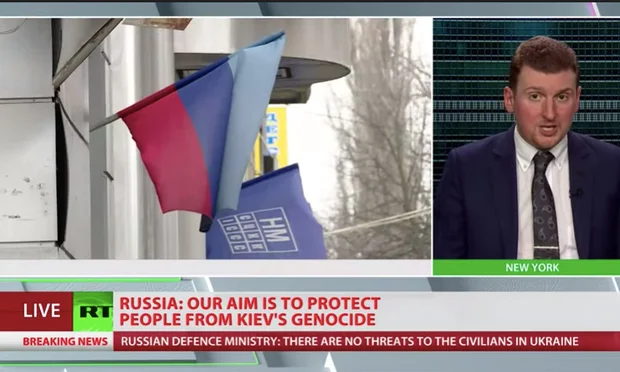The United States has imposed new sanctions against the Russian state-controlled media organization RT, citing its alleged involvement in global covert influence operations, cyber activities, and election interference.
According to a statement released by the U.S. State Department on Friday, RT’s operations extend beyond journalism and into cyber capabilities aimed at destabilizing democratic institutions worldwide.
RT’s Role in Global Disinformation
U.S. Secretary of State Antony Blinken highlighted the breadth of RT’s activities during a press conference, stating that RT has engaged in disinformation campaigns targeting countries in Europe, Africa, and the Americas. Blinken emphasized that Russia has been weaponizing information to undermine free societies and sow division, and this new round of sanctions is part of broader international efforts to counter Russian disinformation. The sanctions also apply to several other organizations and individuals linked to RT, including Rossiya Segodnya, which was established in 2013 after the dissolution of the independent news agency RIA Novosti.
Allegations of Election Interference
RT personnel are also accused of supporting Moldovan oligarch Ilan Shor in an attempt to influence Moldova’s 2020 presidential election. This led to additional sanctions from the U.S. Treasury Department against ANO Evraziya and its director, Nelli Parutenko, for funneling funds into Moldova to back pro-Kremlin candidates. The sanctions freeze U.S. assets of the targeted individuals and entities, effectively barring Americans from conducting business with them.
RT’s Response to the Sanctions
RT responded to the sanctions with sarcasm, posting a statement on its website: “We’ve been broadcasting straight out of the KGB headquarters all this time.” The media outlet dismissed the allegations, framing the sanctions as another attempt by the U.S. to stifle its operations.
Impact on International Law and Media Freedom
The sanctions raise important questions concerning international law and media freedom, particularly in the context of the U.S. and its allies’ efforts to curb disinformation and malign foreign influence. While RT and its affiliates operate under the guise of journalism, the allegations suggest that their activities extend into areas that could violate international norms related to election integrity, information warfare, and state-sponsored propaganda.

